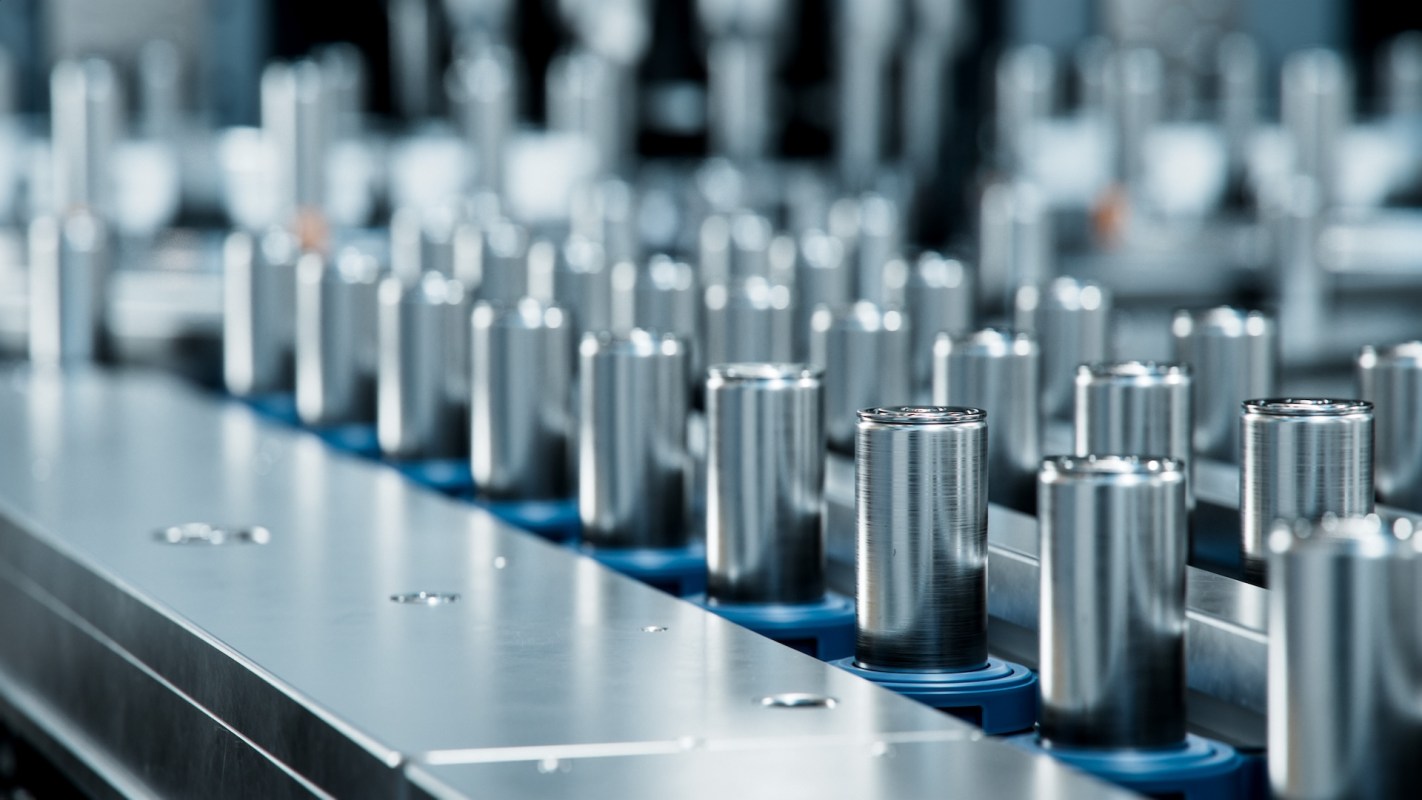Lithium metal batteries have the potential to provide an up to 700-mile range for electric vehicles.
But the astounding capability has been limited by excessive heating and short circuits, as well as a limited ability to fast-charge. Now, experts at India's Tata Institute of Fundamental Research have said they have a solution that could greatly improve battery technology and EV driving limits.
Lithium metal batteries (LMB) use lithium as an anode, whereas common lithium-ion power packs use graphite as an electrode material. During operation, ions travel between the anode and cathode through a substance called electrolyte.
LMBs have the potential to store up to 10 times as much power as conventional designs. But they can't be recharged well and have been used mostly as the small, flat batteries that power watches and other devices, according to Kelley Blue Book.
To unlock the ability, the Tata team has developed a "graphite derivative powder" serving as an improved membrane that goes between the electrodes, according to a report from the Tata lab.
The membrane "suppresses" the formation of troublesome branch-like dendrites, which form inside certain power packs while they are running, causing malfunctions.
"The researchers propose that this method of separator modification holds immense potential to be scaled up for industrial usage," the Tata experts wrote in the lab summary.
The team is still investigating some deterioration problems as the research continues. But they consider it to be a "simple, scalable, cost-effective method to assemble a safer and durable" LMB, per the Tata report.
Experts at Stanford are also investigating LMBs. Scientists there think the tech has the potential to reduce the "range anxiety" that prevents some motorists from switching to EVs.
"A car equipped with a lithium metal battery would have twice the range of a lithium-ion vehicle of equal size — 600 miles per charge versus 300 miles, for example," Stanford chemistry doctoral student Philaphon Sayavong said in a university story on the research there.
Battery innovations, including chemistry that makes use of various metals — and even trash — are in the works at labs around the world with the goal of delivering record-setting performance at low cost.
MarketWatch reported in April that U.S. EV sales jumped 60% year-over-year from 2022 to 2023, going from a million to 1.6 million. Other data collectors and news agencies earlier this year estimated the number to be closer to 1.2 million to 1.3 million EVs.
Battery range reliability is a leading cause of hesitancy for buyers, per CBS News, making the work from Tata and the other labs all the more important.
Solutions are on the way, including vehicles that already boast a nearly 700-mile reach. Tesla is ramping up unique charge station designs in addition to its massive Supercharger network.
Switching to an EV has clear benefits. If buyers maximize tax breaks and incentives, gas and maintenance savings can total $1,500 a year. What's more, planet-warming air pollution can be reduced by up to 10,000 pounds a year, creating fresher air and better health for us all.
LMBs, considered by Tata "as one of the potential future storage systems," could help to deliver powerful battery tech to the market, expanding the planet-friendly impact EVs can make.
Join our free newsletter for weekly updates on the coolest innovations improving our lives and saving our planet.









